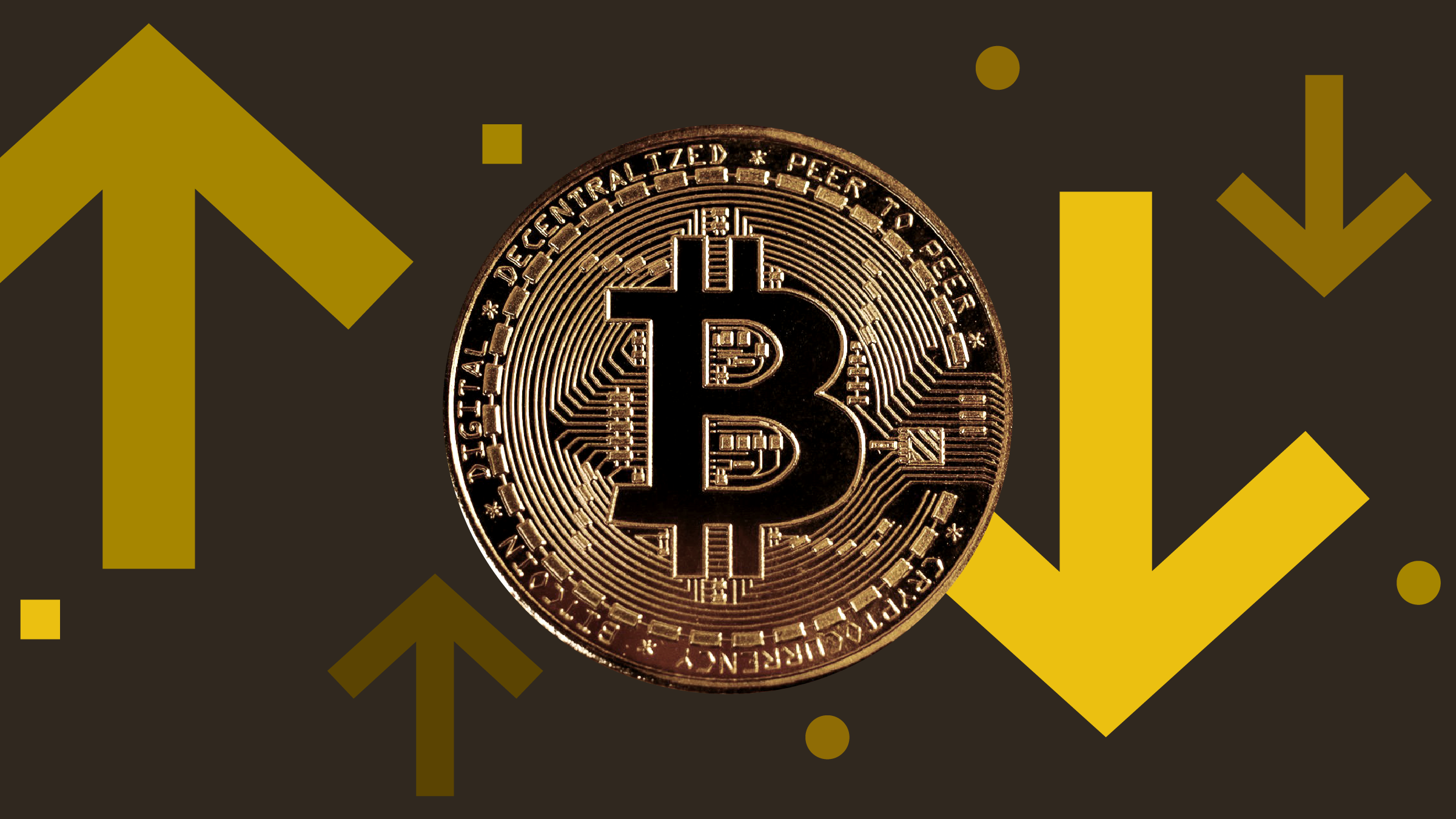- Norway’s sovereign wealth fund increased indirect BTC holdings by 192% in a year.
- Indirect exposure via ETFs and company proxies allows state funds to invest legally.
- Global sovereign funds, including Kazakhstan’s, are increasingly exploring crypto.
Norway’s sovereign wealth fund, the world’s largest state-directed fund, has significantly increased its indirect exposure to Bitcoin (BTC), according to crypto research firm K33 Research. Over the past year, the fund’s holdings surged by 192%, now encompassing 7,161 BTC through investments in companies like Strategy, Metaplanet, and crypto exchange Coinbase.
The fund currently holds over 11.9 billion Norwegian krone ($1.2 billion) in Strategy’s stock—a 133% increase from 2024—and has boosted its Coinbase holdings by more than 96% during the same period. These moves highlight a broader trend of sovereign wealth funds cautiously entering the cryptocurrency market.
Indirect Crypto Exposure: The State-Backed Approach
Sovereign wealth funds often face legal restrictions limiting investments to predefined asset classes such as equities, corporate bonds, and fixed-income securities. Direct cryptocurrency purchases are typically prohibited. To navigate these rules, fund managers turn to indirect exposure, investing through instruments like ETFs, corporate bonds, or company proxies such as Strategy.
This approach mirrors the strategy used by the Wisconsin State Investment Board (SWIB), which manages the U.S. state pension system. SWIB disclosed indirect Bitcoin exposure via a $164 million investment in BTC ETFs, later increasing holdings to $321 million before selling most positions in May. It continues to hold $50 million in Strategy, highlighting a cautious but growing institutional appetite for crypto.
Global Momentum: Sovereign Funds Eye Crypto
Norway is not alone. Kazakhstan’s sovereign wealth fund announced plans in July to convert part of its assets to cryptocurrency. Timur Suleimenov, head of Kazakhstan’s National Bank, noted the move is aimed at generating higher investment returns while exploring crypto as an alternative to traditional reserves like gold and foreign currencies.
As sovereign funds increase their indirect Bitcoin exposure, traditional finance and crypto markets continue to intertwine. For investors, these moves signal growing legitimacy and institutional adoption of digital assets, potentially reshaping the global financial landscape in the coming years.
Also Read: Japanese Firm Metaplanet Buys 1,112 BTC, Tops 10,000 Bitcoin to Surpass Coinbase
Norway’s 192% increase in indirect BTC holdings demonstrates how state-backed funds are integrating cryptocurrency into traditional portfolios. With more sovereign and pension funds exploring indirect crypto exposure, digital assets are steadily gaining traction as mainstream investment vehicles.
Disclaimer: The information in this article is for general purposes only and does not constitute financial advice. The author’s views are personal and may not reflect the views of CoinBrief.io. Before making any investment decisions, you should always conduct your own research. Coin Brief is not responsible for any financial losses.



